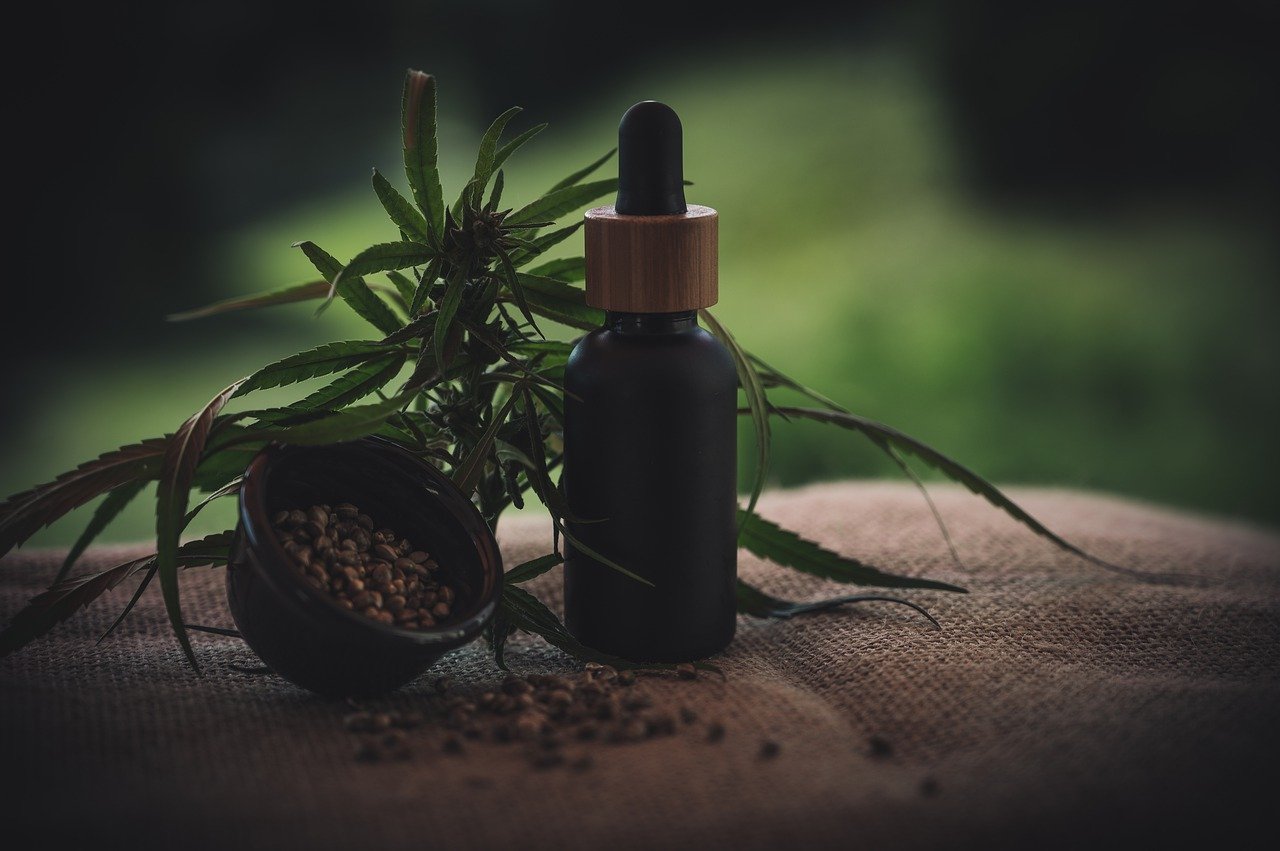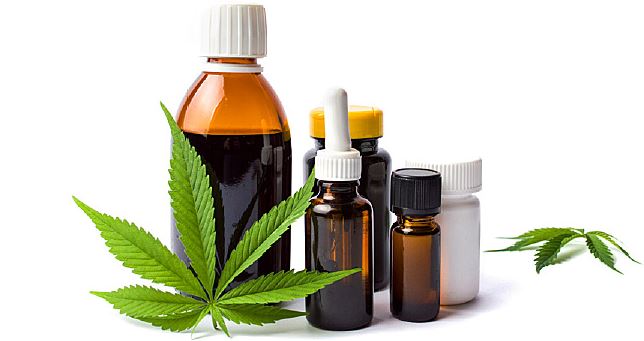The Endocannabinoid System or ECS is a complex cell-signaling system that plays a crucial role in regulating a range of body functions and processes, like sleep, appetite, mood, memory, reproduction, and fertility.
Components of the ECS
The ECS is composed of three vital components, including endocannabinoids, receptors, and enzymes. Also called endogenous cannabinoids, endocannabinoids are produced naturally by our bodies as needed to ensure that internal functions and processes are running smoothly. The two prominent endocannabinoids are anandamide (AEA) and 2-arachidonoylglycerol (2-AG)
Endocannabinoids, on the other hand, are found are found all throughout the body and binds to endocannabinoids to send signals to the ECS. CB1 and CB2 are the most prominent receptors and are located in the central nervous system and peripheral nervous system, respectively. When pain is felt, endocannabinoids may target CB1 receptors in the spinal nerves to relieve the pain while CB2 receptors are signaled to act against inflammation.
The third component of the ECS is enzymes that breakdown endocannabinoids after their function have been fulfilled. The two primary enzymes responsible for endocannabinoid breakdown are fatty acid amide hydrolase and monoacylglycerol acid lipase.
Functions of the ECS
 The primary function of the endocannabinoid system is believed to be the maintenance of homeostasis in the body. Homeostasis refers to the stability of our internal environment.
The primary function of the endocannabinoid system is believed to be the maintenance of homeostasis in the body. Homeostasis refers to the stability of our internal environment.
Specifically, the ECS has these several functions, including the following, metabolism, mood, learning and memory, motor control, sleep, muscle and bone development, stress, and appetite. It has also been researched that it plays a crucial role in cardiovascular, liver, reproductive, and nerve functions.
Anxiety and the ECS
Prolonged exposure to stress can lead to mental conditions like anxiety. Anxiety and repeated stress can lead to ECS breakdown. This is because sending signals to affected receptor cells may be interrupted, and there be more enzymes may breakdown endocannabinoids. When there are less endocannabinoid receptors in the brain, evidence showed that the brain has a lesser capacity to lower heart rate and blood pressure. Increased HR and BP are the usual manifestations of stress and anxiety.
Role of CBD in Anxiety
 While there is still no substantial evidence that cannabidiol or CBD has the same binding ability as THC to endocannabinoids, some believe otherwise. CBD can also inhibit enzymes that breakdown endocannabinoids.
While there is still no substantial evidence that cannabidiol or CBD has the same binding ability as THC to endocannabinoids, some believe otherwise. CBD can also inhibit enzymes that breakdown endocannabinoids.


